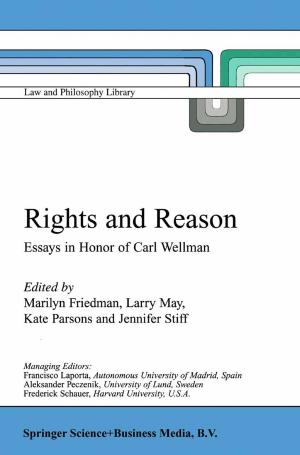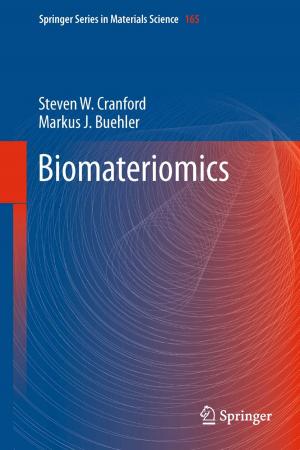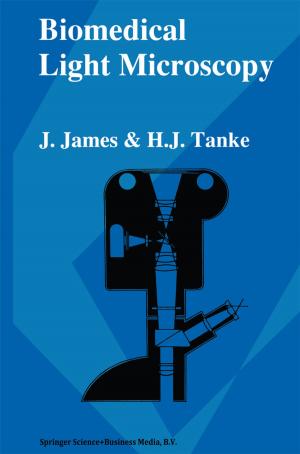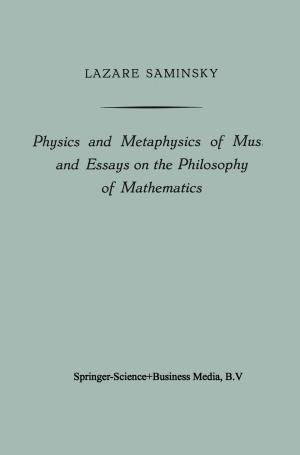A Structural and Vibrational Investigation into Chromylazide, Acetate, Perchlorate, and Thiocyanate Compounds
Nonfiction, Science & Nature, Science, Chemistry, Inorganic, Physical & Theoretical| Author: | Silvia A. Brandán | ISBN: | 9789400757547 |
| Publisher: | Springer Netherlands | Publication: | October 28, 2012 |
| Imprint: | Springer | Language: | English |
| Author: | Silvia A. Brandán |
| ISBN: | 9789400757547 |
| Publisher: | Springer Netherlands |
| Publication: | October 28, 2012 |
| Imprint: | Springer |
| Language: | English |
A Structural and Vibrational Investigation into Chromyl Azide, Acetate, Perchlorate and Thiocyanate Compounds reviews the structural and vibrational properties of chromyl azide, acetate, perchlorate, and thiocyanate from a theoretical point of view by using Density Functional Theory (DFT) methods. These compounds are extensively used in organic syntheses and the study of their structure and spectroscopy has become fundamental.
This book evaluates the best theoretical level and basis set to reproduce the experimental data existing for those compounds. To this end, the optimized geometries and wavenumbers for the normal modes of vibration are calculated and the obtained results are compared and analyzed. Also, the nature of the different types of bonds and their corresponding topological properties of electronic charge density are systematically and quantitatively investigated by using the NBO analysis and the atoms in molecules theory (AIM).
A Structural and Vibrational Investigation into Chromyl Azide, Acetate, Perchlorate and Thiocyanate Compounds reviews the structural and vibrational properties of chromyl azide, acetate, perchlorate, and thiocyanate from a theoretical point of view by using Density Functional Theory (DFT) methods. These compounds are extensively used in organic syntheses and the study of their structure and spectroscopy has become fundamental.
This book evaluates the best theoretical level and basis set to reproduce the experimental data existing for those compounds. To this end, the optimized geometries and wavenumbers for the normal modes of vibration are calculated and the obtained results are compared and analyzed. Also, the nature of the different types of bonds and their corresponding topological properties of electronic charge density are systematically and quantitatively investigated by using the NBO analysis and the atoms in molecules theory (AIM).















